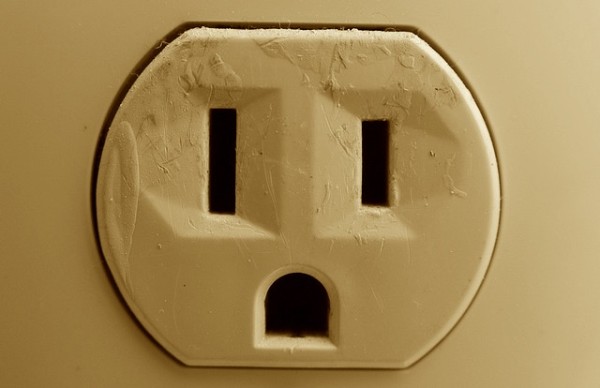
Two recent tweets by Alain de Botton capture the way I’ve been feeling lately:
Awkward mathematics of my profession: for every one hour of actual writing, I need four hours of daydreaming.
So cruel that the machine I use for concentrated, slow thinking is also, in another window, more exciting than any TV could ever be.
The frenzied, always-on, real-time “Web 2.0” creates an expectation that to be well informed is to hear every bit of news the moment it breaks, no matter how remote or trivial. It is exhausting. Worse, it obliterates the sort of slow, contemplative thought that writing requires. We move so quickly from one news bit to the next that we don’t take the time to really think about any of them. Like food, information today has become too cheap and too ubiquitous, and we overeat. What we need is an information diet. De Botton again: “We require periods of fast in the life of our minds no less than in that of our bodies.”
Lately I’ve been hearing more and more echoes of my own web fatigue. Cartoonist James Sturm flees the web, leading Nicholas Carr to suggest, “Disconnection is the new counterculture.” Even among the web priests, the buzz is about the need for more filters, more “curation.” (Curation, you may recall, is what we used to call editing, which is what newspapers used to do for us.)
All of which is my (typically) prolix way of saying I’m going offline for a week or two. You may see some posts pop up on the blog, but they will be ones that I have already written and scheduled for automatic publication, like those timers that turn the lights on and off while you are away on vacation. If you drop me an email or post a comment, you likely will not get a response for a while. I suspect the web will get along without me. I know I can get along quite happily without it. See you on the other side.
Image source: “Plug Face” by Jake Mates.